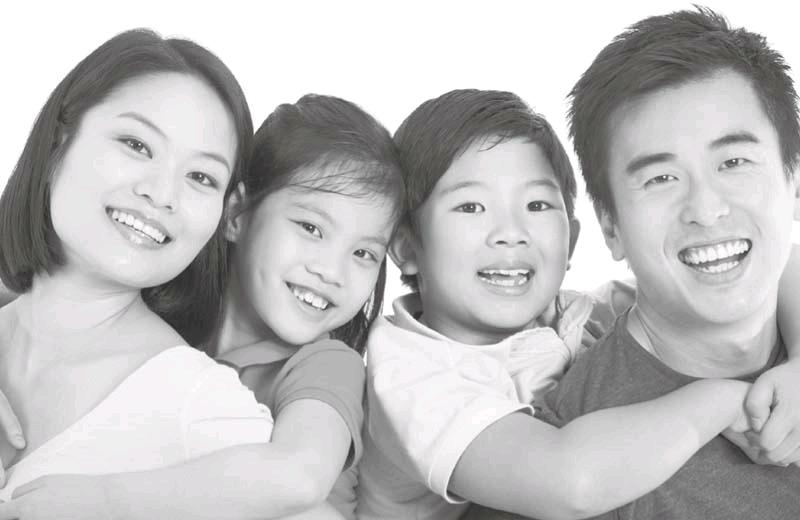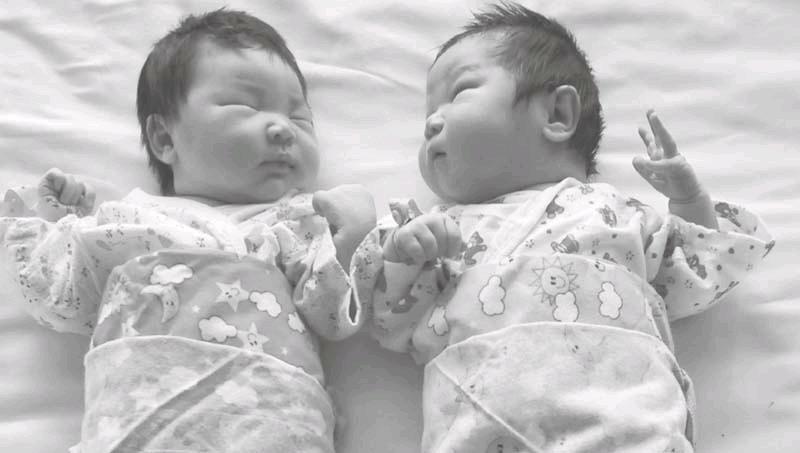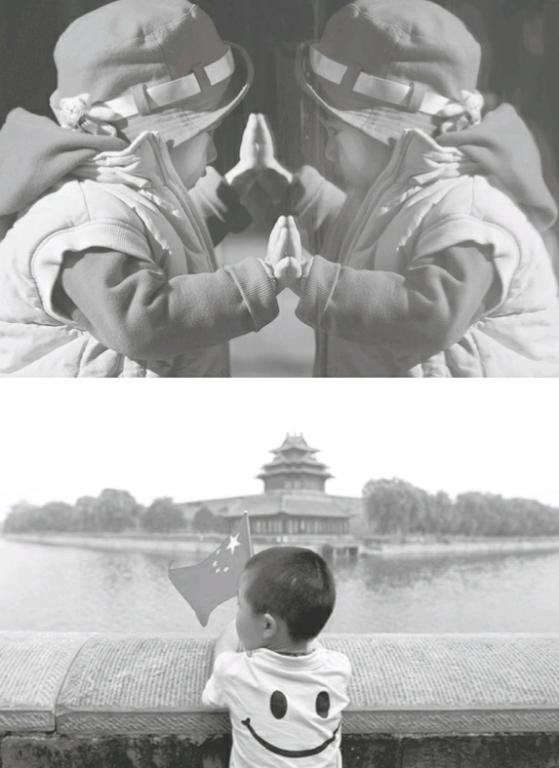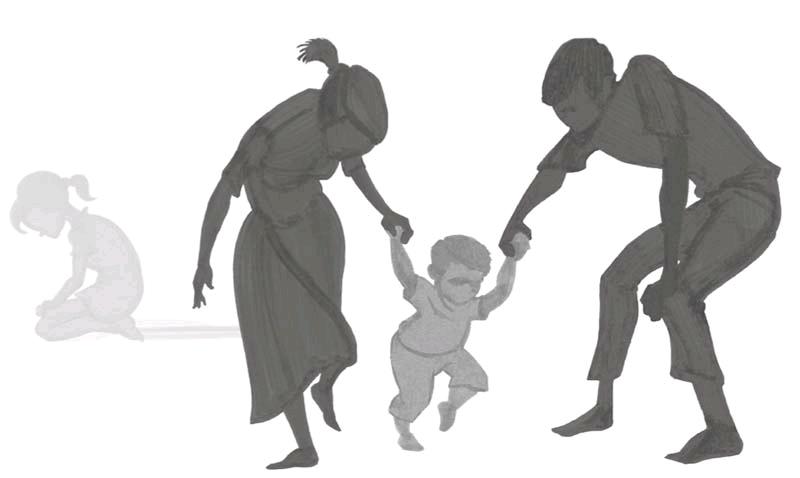China Ends Its One-child Policy
2016-02-21
Relax the Rules to Allow all Couples to have Two Children
In November, the Chinese government announced it would relax the rules to allow all couples to have two children.
It said the decision was made because of Chinas rapidly ageing population and to help support the economy.
However, officials have stressed that the one-child policy will continue to be enforced until the law is changed.
Chinas top family planning body has warned couples that they must continue to obey the countrys one-child policy until the law changes in March.
In November, a local official was quoted as saying that women pregnant with a second child would no longer be punished, suggesting that the new policy was already effective.
However, later the National Health and Family Planning Commission said that local officials should continue to implement existing family planning laws until the two-child policy was ratified by lawmakers in March.
“The two-child policy must be implemented in accordance with the law,” an official with the commission said in a statement.
Until the new law was adopted, local officials “must seriously enforce existing policies” and “must not act of their own accord”, the statement added.
China ended its one-child policy in the hope that it could alleviate some of its tremendous demographic challenges, which it fears will increasingly drag down economic growth rates.
These population pressures - caused in large part by the imposition of the policy itself in 1980 - include a rapidly aging population, shrinking work force, falling birth rates, and an extreme sex ratio imbalance, with roughly 116 boys born for every 100 girls.
Chinas official Xinhua state news agency said that China now had 30m more men than women, and many of these men would be unable to ever find brides.
Chinas Controversial One-child Policy
Chinas controversial one-child policy was introduced nationally in 1979 to slow the population growth rate, and is estimated to have prevented about 400 million births.
Though there were exceptions to the policy, most couples who violated it faced punishment, from fines and the loss of employment to forced abortions.
In rural areas, families were allowed to have two children if the first was a girl.
Other exceptions included ethnic minorities and couples where both parents were only children

In 2013 the rules were further relaxed so that couples where only one parent was an only child could also qualify for a second child
Campaigners say the policy led to forced abortions, female infanticide, and the under-reporting of female births.
It was also implicated as a cause of Chinas gender imbalance.
The one-child generation was spoiled, pampered. They got the best that their parents could give.
At the same time, even from a young age, each of them knew very well that they, alone, carried the expectations of both sides of their families on their tiny shoulders.
It was, at times, difficult not to feel crushed by the weight of those expectations: to excel at school, to be well-behaved, to be filial, to have a prestigious career, to marry the right person - in short, to be perfect enough to justify the fact that there is only one of them.
They longed for at least one sibling to share the burden, the responsibility, and the occasional fun of being an only child.
Many Couples May Opt to Have Only One Child
Simply allowing people to have more children does not mean they will.
The government estimates that 90 million couples will be eligible for the new two-child policy.
Correspondents say that despite the relaxation of the rules, many couples may opt to have only one child, as onechild families have become the social norm.
Previous moves to relax the one-child policy have only slightly affected fertility. In 2000 the Communist Party allowed couples to have two children if both parents were themselves only children. In Guangzhou city some 14,000 couples were eligible. They produced only 360 additional babies in 2009, according to researchers at Credit Suisse. Henan province implemented this policy in 2011. In the following two years, Henans parents popped out just 600 extra babies.
Single Mothers are not Allowed
Chinas announcement that it is ending its decades-long one-child policy is good news for married couples who want to have two children. But if youre an unmarried woman, forget about it.
Taboos about single parenthood are eroding in many countries around the world. Sweden, for example, boasts about its generous government subsidies for single parents.
Yet in China, the government makes it virtually impossible for most single women to have a child.
Single women without a valid “reproduction permit”from the government are routinely denied birth certificates for their children.
They will not be given a hukou - the official household registration - and so their child will have trouble gaining admission to school or access to affordable healthcare.
Moreover, if women cannot produce a marriage certificate upon giving birth, they are frequently slapped with a “social maintenance fee” for violating family planning policies.
These fees can be crippling.
The city of Wuhan proposed a draft regulation in June 2013 to impose an unusually heavy fine on single mothers.
Women who had a child out of wedlock would be fined around RMB 80,000 (roughly US$13,000 at the time), or about four times the average annual income in Wuhan.
The proposal sparked such an outcry that the city government backed down, and in December 2013, Hubei province said that it would stop withholding birth certificates from children of single mothers.
But so far, there is no sign that the nationwide loosening of family planning restrictions will extend to single women.
Some of Chinas single would-be mothers are taking to social media to complain.
On Sina Weibo, the popular micro-blogging site, one woman commented that she would love to have a child without marrying a man, but “Im not allowed to”.
Another posted: “I cant get my reproduction permit, so my child wouldnt have a hukou and I would still have to pay a fine.”
One user wrote: “My child would be an ‘illicit householdchild without any benefits.”
Egg Freezing Controversy
One internet user commented that unless the Chinese government removed heavy penalties on unmarried mothers,“single women with an education and a high income should immigrate to another country”.
In fact, some successful, single women have already begun travelling abroad to freeze their eggs. Under current regulations, China bans single women from using assisted reproductive technology.
In July, one of Chinas most famous movie stars, Xu Jinglei, 41, told a Chinese magazine that she had flown to the United States to freeze her eggs.
News of Xus revelation went viral on Weibo and even infamous male blogger, Han Han - notorious for boasting about his womanizing and sexual conquests - came out in support of Xus choice.
“Isnt it okay to just want a child but not want to marry a man?” he asked, prompting tens of thousands of comments in response.
Even More Pressure on Chinas Female Population
Rather than giving women increased reproductive freedom, some Chinese feminists warn that the new “two-child policy” may actually put even more pressure on women in new, as yet unforeseen ways, for example, through increased gender discrimination in hiring, as employers factor in the time female job applicants may take off from work to have two babies as opposed to one.
Feminist activist Lü Pin published an essay (in Chinese) arguing that under the “two-child policy”, Chinas women are still treated as tools for meeting the governments population targets.
She asked: “Is it possible that control over reproductive decisions will move from the patriarchal state to the patriarchal family, that women will move from being forced not to have children to being forced to have children?”
Yet in spite of continuing discrimination, more and more single women are rejecting the states intrusion into their private lives.
One woman announced on Weibo that she refused to give in to pressure to marry or have a child.
“Im going to raise two more dogs and a cat,” she said.
